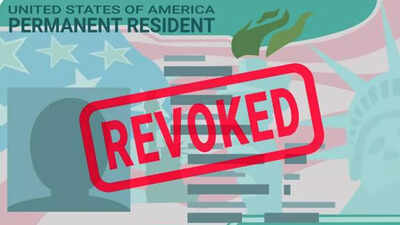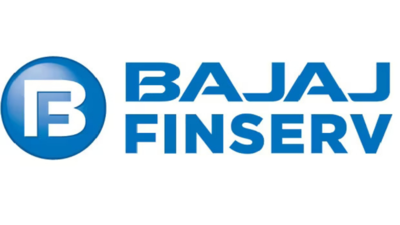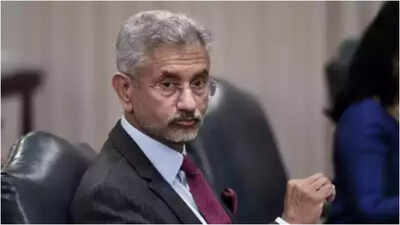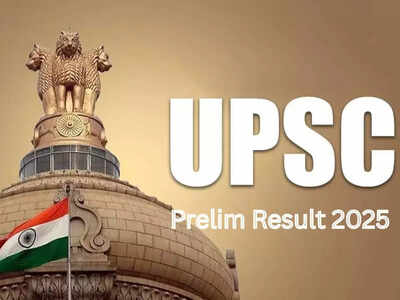Over 50 student visas revoked in Connecticut, sparking campus and Capitol concern

More than 50 international students attending colleges and universities across Connecticut have had their visas revoked by the US government, prompting concern among students, faculty, administrators, and state lawmakers. The wave of visa terminations has affected students at both public and private institutions, including high-profile universities like Yale University and the University of Connecticut (UConn).
On April 8, UConn confirmed that 13 international students had lost their visas. Meanwhile, the Connecticut Conference of Independent Colleges (CCIC), which represents 14 private institutions across the state, reported that at least 40 additional student visas had been revoked. The revocations appear to be part of a broader federal policy shift, which has already impacted over 300 students nationwide.
Federal action leaves students and institutions in uncertainty
According to the US Department of State, more than 300 student visas were revoked across the country following a March 27, 2025, announcement. Among the affected students nationwide is Tufts University doctoral candidate Rumeysa Ozturk, who has been held in a Louisiana immigration detention facility since late March. As reported by CT Mirror, Ozturk’s case has drawn attention after she co-authored a 2024 op-ed criticizing her university’s response to the Israel-Gaza conflict.
At UConn, spokesperson Stephanie Reitz confirmed that the 13 affected students include six undergraduates, six graduate students, and one individual in a post-graduate professional program. In her emailed statement, Reitz said that none of the impacted students were given a reason for the visa revocations. She emphasized that the university cannot provide legal representation for the students, stating, “The University cannot devote resources to funding or otherwise supporting what would be considered the personal costs of individual students and employees based on their association with UConn. This would be using public resources to provide a private benefit not available to the general public,” as quoted by CT Mirror.
However, Reitz also stressed that UConn’s leadership remains committed to offering support in other ways, adding that university leaders are “committed to doing anything we can to support our students, faculty, and staff on this or any issue,” as reported by CT Mirror.
Private colleges also impacted by visa cancellations
The CCIC confirmed that at least 40 student visas were revoked at its member institutions, though it has not provided specific names or numbers per school. Jennifer Widness, president of CCIC, stated in an email to CT Mirror that she did not have further details regarding the affected students. Widness added that many colleges have been hesitant to respond to media inquiries “in an effort to protect student privacy,” as reported by CT Mirror.
Yale University has also been impacted. Ozan Say, director of the Yale University Office of International Students and Scholars, confirmed that at least two Yale students had their visas revoked. The Yale Daily News reported on April 4 that the number of affected students had increased to four, though no official confirmation has been provided beyond Say’s statement.
Lawmakers voice concern over lack of transparency and possible chilling effects
Connecticut lawmakers have reacted with alarm, raising concerns about the motives behind the visa revocations and the potential consequences for the state’s higher education institutions. State Senator Derek Slap, D-West Hartford, who co-chairs the Higher Education and Employment Advancement Committee, called the situation “very distressing” and said it appears to be part of “a continued attack on both immigration and then higher education,” as quoted by CT Mirror.
Slap also emphasized the financial and academic value of international students in the US, stating, “A lot of these international students pay full tuition, and help subsidize the cost of college education for other students,” as reported by CT Mirror. He warned that if the US becomes less attractive to international students, domestic students could face higher costs. “Right now … the United States is really the higher education capital of the world,” Slap said. “And so if that starts to change, there’s going to be a shift [in] cost to domestic students, who are going to end up having to pay more,” as quoted by CT Mirror.
Representative Greg Haddad, D-Mansfield, who co-chairs the same committee, echoed those concerns, stating in a statement to CT Mirror that there has been “no credible evidence” that any of the affected students violated their visa terms. “No one should face the threat of deportation for voicing opinions contrary to those held by the current presidential administration. This unprecedented action is wrong,” Haddad said, as reported by CT Mirror.
Call for facts amid growing pressure
Not all lawmakers, however, were ready to draw conclusions. State Senator Henri Martin, R-Bristol, the ranking member of the Higher Education Committee, cautioned against speculation. In a statement shared with CT Mirror, Martin said, “Rather than speculating and drawing conclusions about ‘attacks,’ how about we get the facts first? We will await those details. At least I will.”
The situation continues to evolve, and institutions across Connecticut remain on high alert as they seek clarification from federal agencies and weigh how best to support affected students.





